24/7 Helpline:
(866) 899-221924/7 Helpline:
(866) 899-2219
Learn more about Inpatient Rehab centers in Union County

Other Insurance Options

Carleon

Cigna

Horizon Healthcare Service

Magellan Health
Beacon

Covered California

Absolute Total Care

Oxford

United Health Care

WellCare Health Plans

PHCS Network

Private insurance

Holman Group

UnitedHealth Group

EmblemHealth

Aetna

Health Choice

Sliding scale payment assistance

Ambetter

WellPoint

Center for Human Development
Center for Human Development is a private rehab located in La Grande, Oregon. Center for Human Devel...

Jonathan M. Wainwright Memorial VA Medical Center – La Grande VA Community Based Outpatient Clinic
Jonathan M. Wainwright Memorial VA Medical Center - La Grande VA Community Based Outpatient Clinic p...

















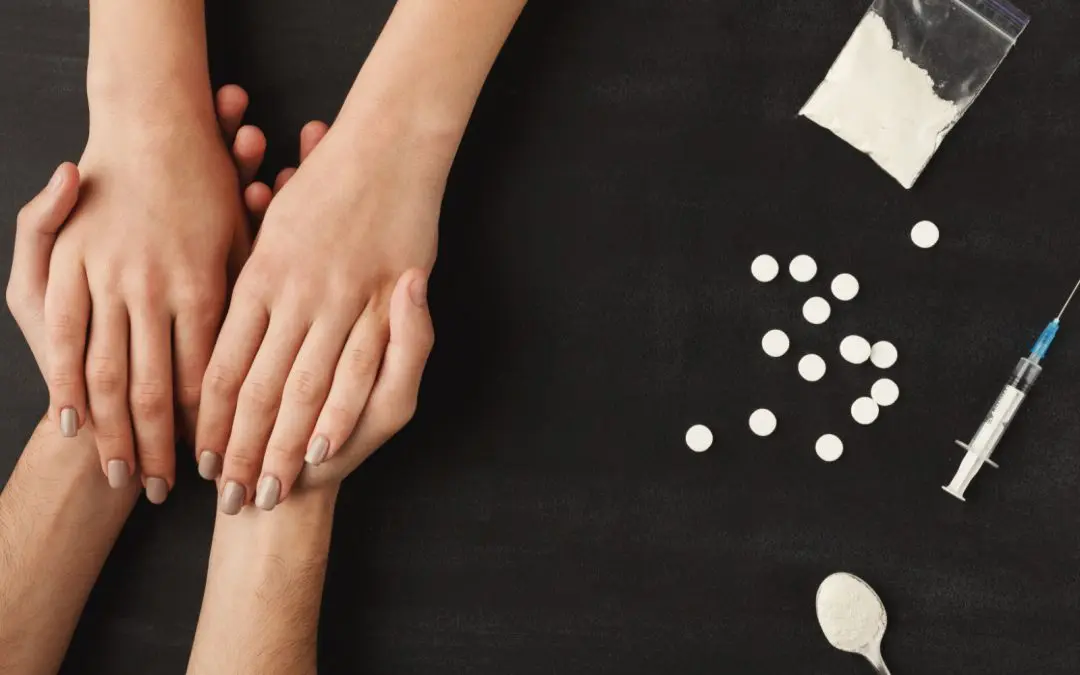


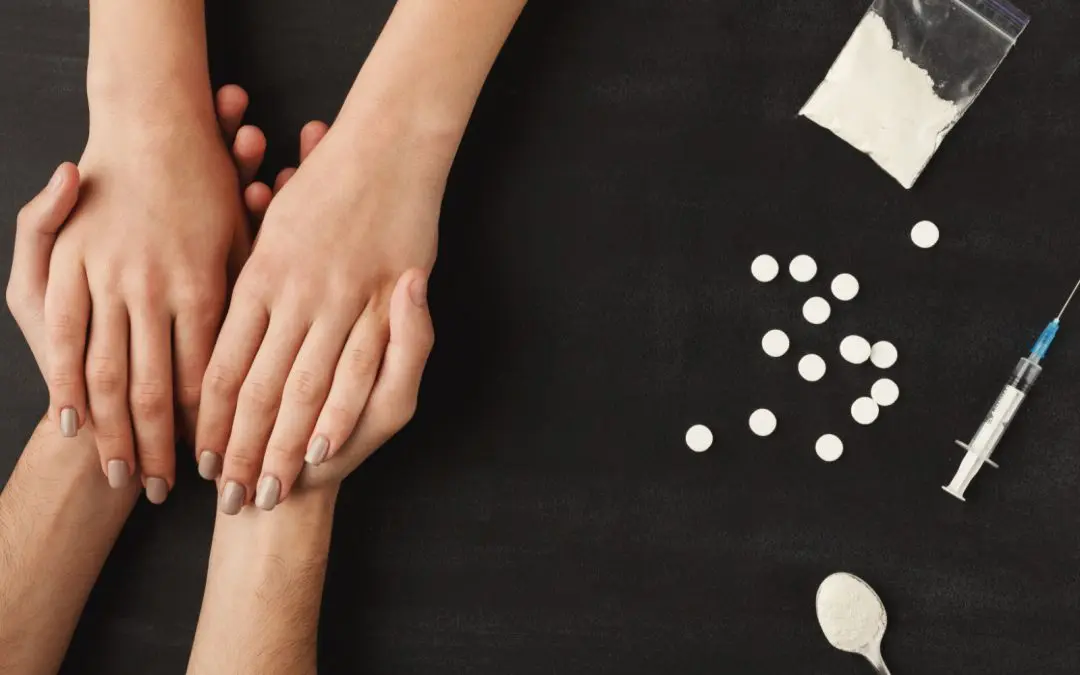











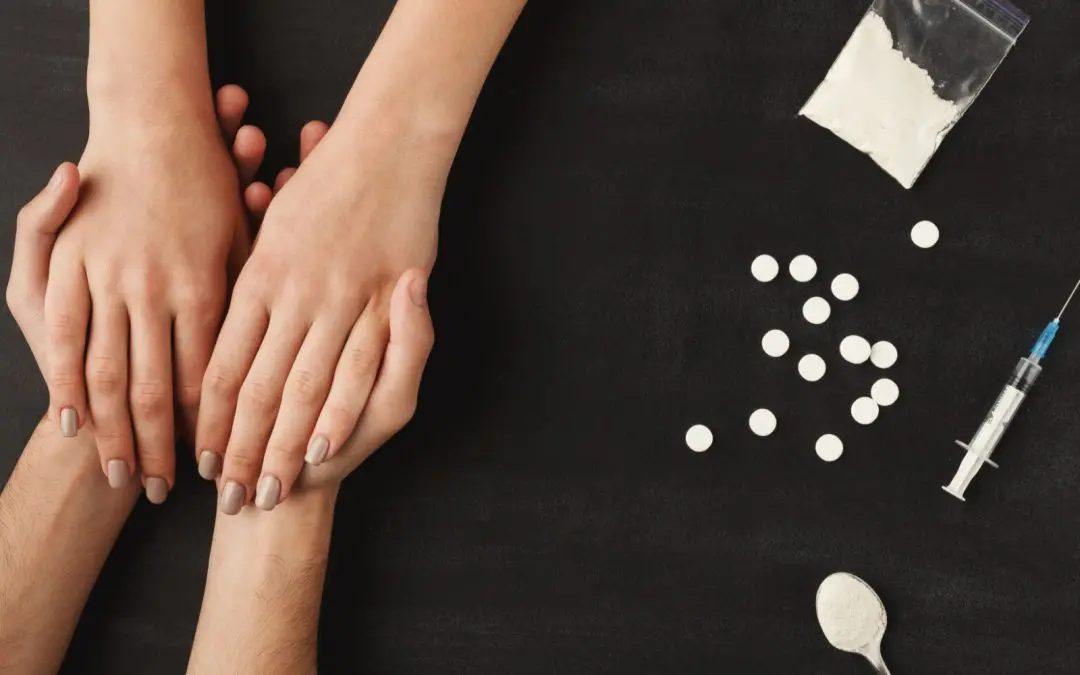










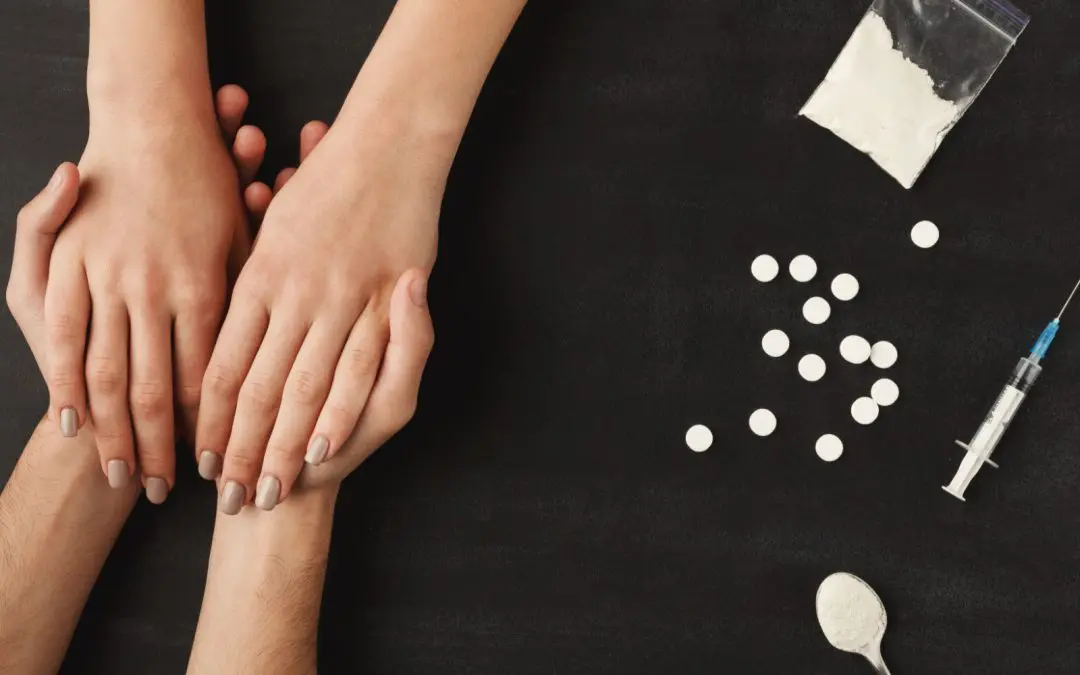













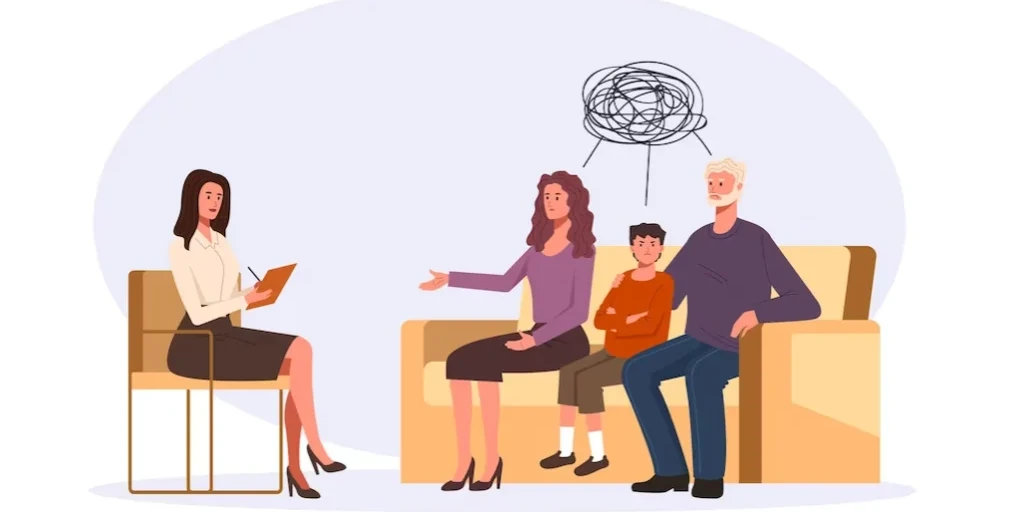






















Heart Steps Counseling Services
Heart Steps Counseling Services is a private rehab located in La Grande, Oregon. Heart Steps Counsel...

Grande Ronde Recovery
Grande Ronde Recovery is a private rehab located in La Grande, Oregon. Grande Ronde Recovery special...


















